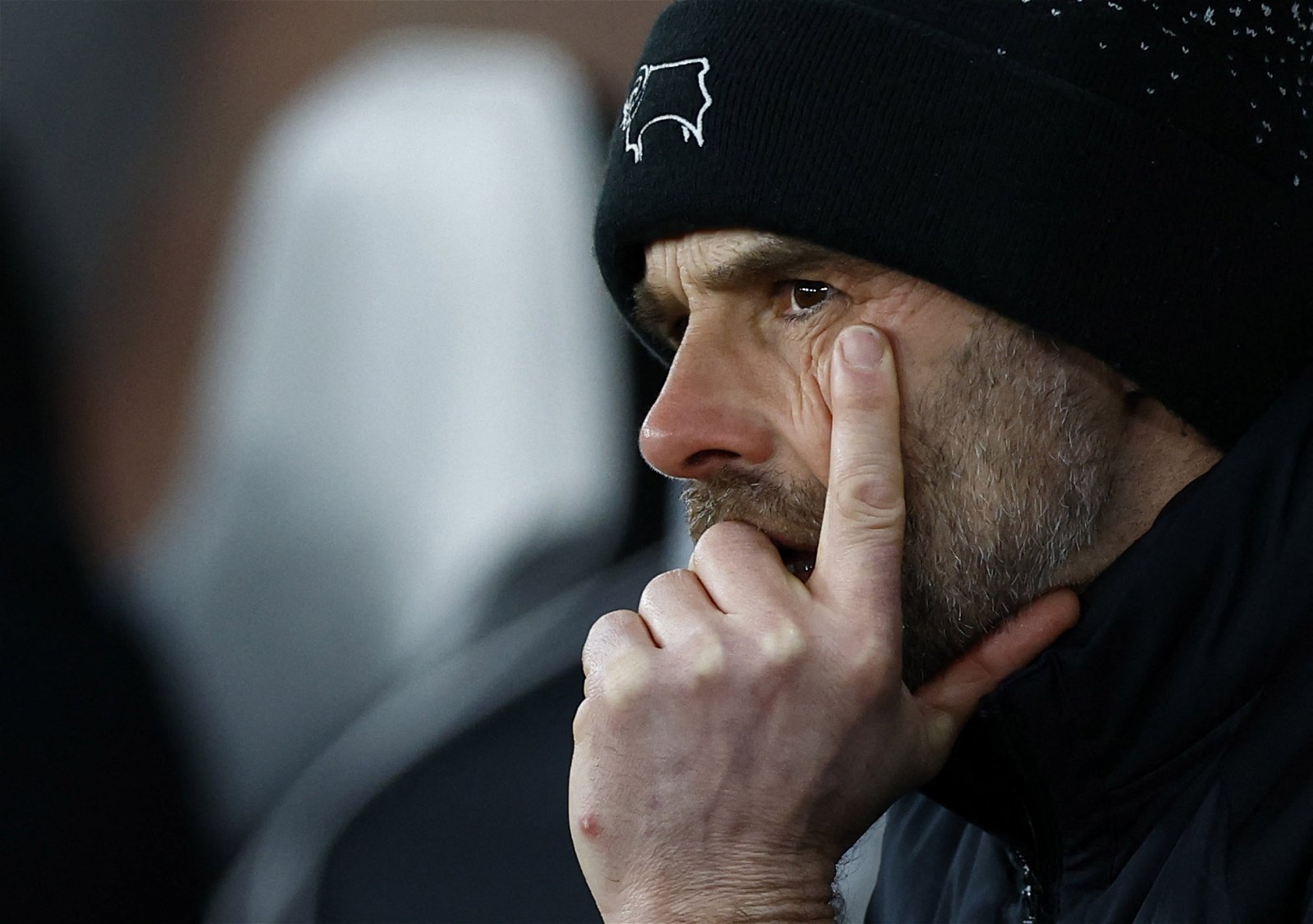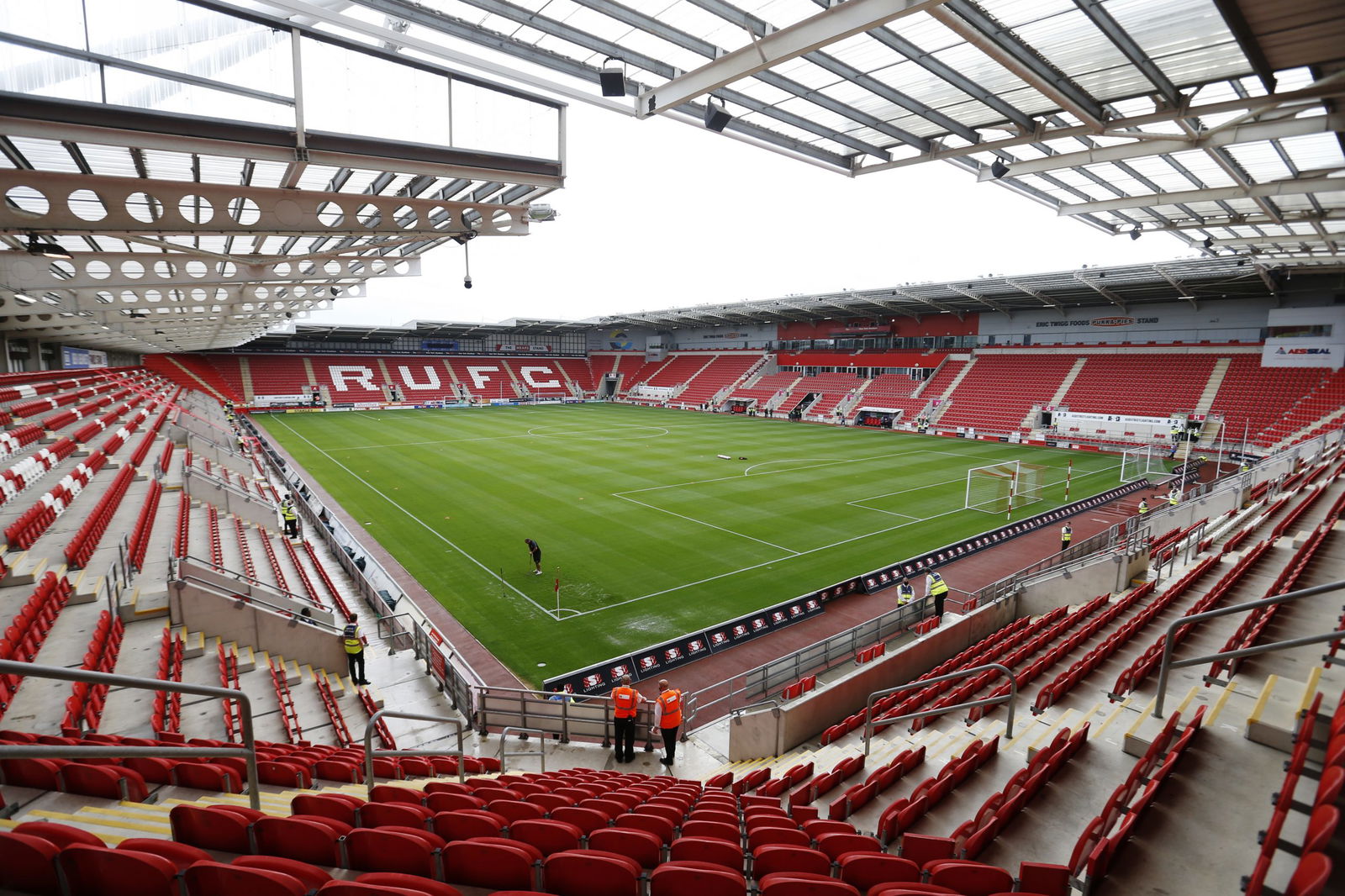In today’s game, it is almost impossible for a club to change the type font on their badge without fans barraging them of how they have supposedly “sold their soul”. Chants will be organised on the terraces: “Du Du Du Du, New Times Roman” will be followed by chants of “F**k off Impact”. Marches will be organised, boycotts arranged, and t-shirts designed (I can see it now, “Impact Out” across a sea of shirts: Italicised, in bold and underlined).
Obviously, this is a massive exaggeration: but so are the actions of many supporters over the decisions, which are ultimately made to benefit the club. Changes of stand name, stadium name, badge or even team colours are all made with the club’s interest at the forefront; despite what many hardened supporters might think.
As a supporter of Peterborough United I have been immersed in a controversy of this exact nature over the past week. On Wednesday the club decided to sell the naming rights of their stadium to a Norweigan car accessories company, ABAX (pronounced Ayebax: just incase you were wondering). As a result the stadium name was changed from London Road, to the ABAX stadium. Within seconds of the announcement, Peterborough chairman Darragh MacAnthony was bombarded with negative tweets of how “all he cares about is money” and “I see DMAC is lining his pockets” along with a couple of stadium’s worth of tweets of the club selling either its soul, or its history.

I’m sorry, but the idea of a stadium name meaning the club has sold its history is the most bizarre, idiotic and short-sighted idea I have ever bothered to consider. Had the club changed its name to the Bengali Buzz hawks and moved to India, then I may consider it. But, as far as I am aware, the club remains in Peterborough, it’s still called Peterborough United, our nickname is still the Posh, and our trophy room still contains three Football League play-off trophies and a Johsntone’s Paint one. It’s like saying that if J.K Rowling built an extension on the house in which she wrote the Harry Potter books, and changed the number to a name, that suddenly she has sold her history and is no longer the rightful author of those books.
As far as I, and any other sensible fan am concerned, the sale of naming writes for stands and stadiums is nothing but a good idea: especially for clubs in the Football League. As nice as it is to name stands after former players or managers, it is not of any real benefit to the club.
Upon the lower decks of English football, televised opportunities are scarce. In the Championship, a top team might expect to welcome the Sky cameras four or five times a season. In League’s One and Two, wherever in the league they be, you will be lucky to receive more than one games worth of Sky action. In the Premier League, clubs will receive hundreds of thousands of pounds every weekend from television. This may be from games on Sky, BT Sport, BEin sport, or Match of the Day: they have no real need to sell their stadium naming rights, although many still do. Only ten of Liverpool’s 38 Premier League games came without cameras for live television broadcast last season.

In the Premier League, each club receives a share of the money paid by Sky for the contract to broadcast live games. So, last season, every club earned at least £52million, with clubs receiving more if they were broadcast more frequently (Liverpool received £21million extra).
If you then compare this to the Football League, clubs in the Championship receive around £2million from television, League One clubs £360,000 and League Two clubs receive just £240,000: and we wonder why there’s such an oligopoly in English football.
This is why context is a vital component in gauging your reaction to your club changing their name. If you are a supporter of a Premier League club who are pretty much guaranteed a top-half finish each season, you are far more justified to feel aggrieved at your club renaming your stadium, or changing your badge than those below you, primarily because, it is not really necessary.
Those languishing towards the back end of the top division and below should welcome outside investment with wide-open arms, and invite them in for dinner. If clubs in the football league are to lose their owners, or main source of income, it will be far harder to find a new buyer than if it happened in the Premier League. So any extra investment for these teams could be crucial in many aspects of the game.
- It will help immensely with a push for promotion
- It will help stabilise your club financially
- It will help you establish your club in the Football League, or Premier League
I have slightly more sympathy for teams who are forced to change colours. Cardiff City had to make the drastic switch from Blue to Red, but it is possible that without this switch the Bluebirds would never have tasted the Premier League. Malaysian businessman Vincent Tan sought after the switch; If the club switched colours he would invest millions into Cardiff City. Of course, there was outrage, and understandably so; I would be disappointed if Peterborough started to play in red.

But many successful teams have changed their kit colours at some point in their history. Manchester United used to play in yellow and green. Leeds United only began playing in their famous white in the 1960s, before which they played in yellow and blue. Even Peterborough United once played in green during their formative years. I am sure there would have been fans back then who were also horrified by the change. But as time goes by they came to accept it, and that acceptance led to the club they are today.
I confess, there are a lot of aspects of modern football that annoy me immensely: Diving, time wasting and harassment of referees to name a few. But increased levels of sponsorship is not one. I believe in order for our game to progress and improve we need to stop trying to fight change. Organisations such as STAND spend a lot of time preaching the dangers of Sky Sports, and how modern football is degenerate. I can bet these exact people were screeching for goal-line technology in 2010.
So, if your club decides to rename a stand or stadium, or alter its badge, remember, it will benefit the club far more than it will damage it.






